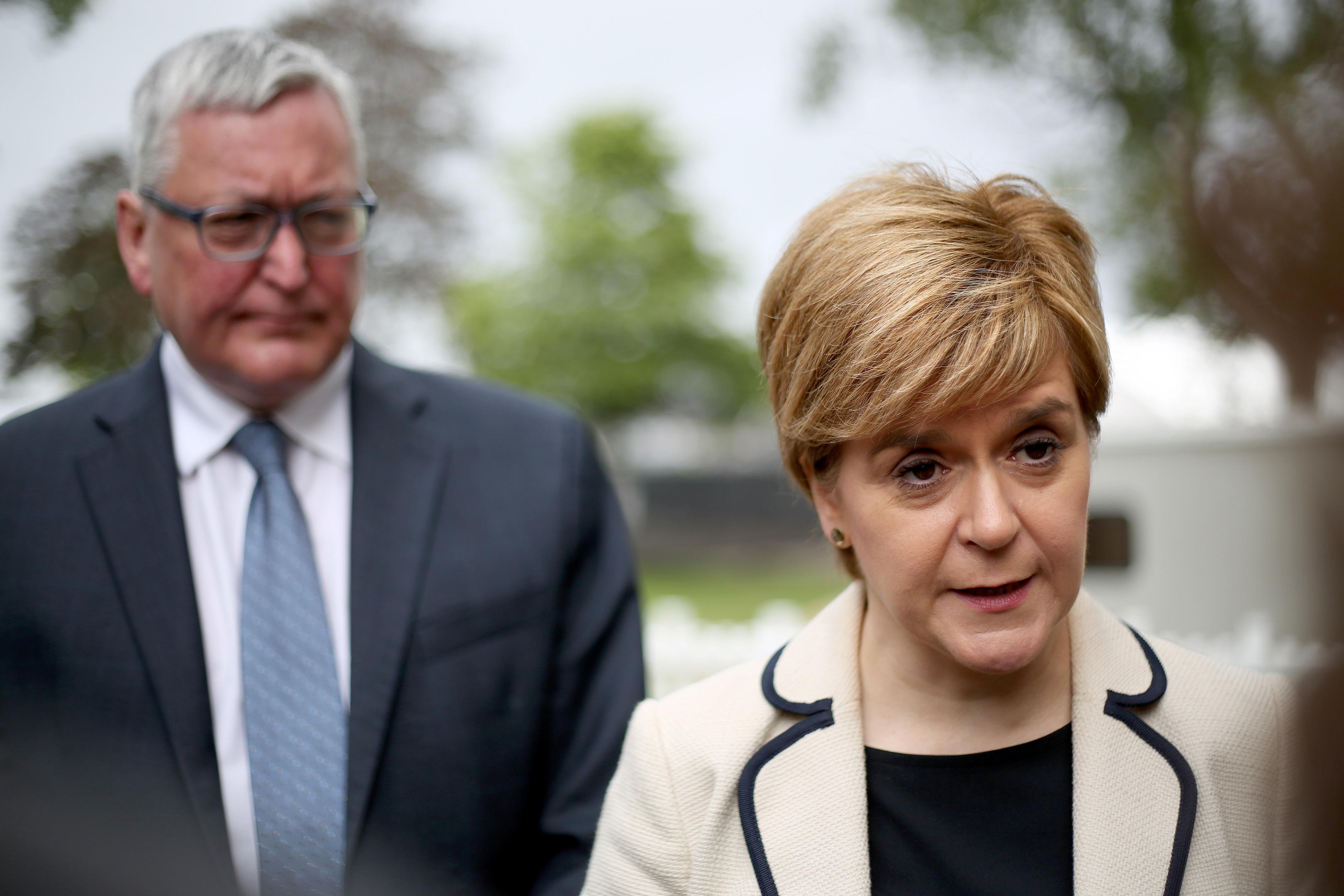The Scottish Government has admitted that they have paid just 73% of the producers who applied for direct European farm support in 2016.
That leaves them a very long way short of paying at least 95.24% of all the money owed to farmers by the end of next week.
After that the Government faces fines of up to £60 million unless an extension to the June 30 deadline is granted by the European Commission.
Despite the odds, rural secretary Fergus Ewing refused to be defeated and insisted several “very large tranches” of money were almost ready for payment.
He also rejected allegations that the government was no longer trusted by the farming industry and emphasised he had never promised to meet the
deadline.
“The aim was to make the payments substantially complete by the end of June,” he said.
“I didn’t say we’d be in a position to have made the full payments and indeed the target is 95.24% by the end of June.”
First Minister Nicola Sturgeon apologised for the debacle at a show breakfast meeting and insisted there was no complacency over the issue, despite her admission earlier in the week that the Government has discussed the contingency of an extension to the EU’s deadline.
“We’ve apologised and I do so again for the failures experienced in the
system, and I guarantee it is getting our full attention,” she said.
Ms Sturgeon added the continuation of farm support after Brexit was a “real concern” for the Government.
“For some time at Westminster there’s been a view that income support payments should be phased out and steps in that direction have already been taken with the abolition of England’s equivalent of less favoured areas
support several years ago,” she said.
“That’s why it’s vital we get a longer term commitment to farm support.
“The best solution for Scotland is for the funding which currently goes to Scottish agriculture to be allocated to the Scottish Parliament so we can take decisions on how best to support farmers in future.”
The First Minister guaranteed the government would work constructively with Westminster to ensure the needs of the rural economy were prioritised.
nnicolson@thecourier.co.uk










